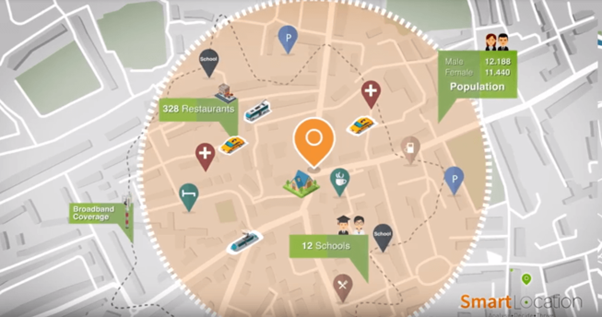The Importance of Location for Startups

Choosing the right location is pivotal for any startup. It's not just about the physical space where your business will operate; it's about positioning yourself in a market where you have the greatest potential for exposure, customer base growth, and access to essential resources. The implications of this decision are profound, often determining long-term success or failure.
For startups, the attraction of a certain locale should be evaluated beyond just the economic rent. The location of your business can significantly influence your operating costs, revenue potential, and even the brand image. An optimal location can enhance visibility, attract foot traffic, and provide easy access to suppliers and distribution networks. Conversely, a poor choice can lead to insufficient customer interaction, higher costs, and logistical nightmares.
The first factor to consider is your target audience. Understanding the demographics and purchasing behaviour of the population around your potential locations can determine how well your product or service fits into the local market. For example, a tech startup would likely thrive in an urban setting with a young, tech-savvy demographic, as opposed to a rural area with limited technology penetration.
Accessibility is another crucial aspect. Your location needs to be convenient for customers, employees, and suppliers. If your business relies heavily on foot traffic, being situated in a busy, accessible part of town could drive significant sales. Similarly, for B2B companies, being near other businesses in related fields can lead to networking opportunities and partnerships that might not be possible in more isolated areas.
Local competition must also be considered. Setting up shop in an area with numerous direct competitors can be challenging, as the market may be saturated. However, this can also indicate a high demand for your services or products. The key is to analyse whether you can offer something that differentiates your business sufficiently to capture and grow your customer base.
Moreover, the economic climate of a location can greatly impact a startup. Economic stability, the presence of similar businesses, and even local government incentives for small businesses are factors worth considering. Areas with growing economies often provide a nurturing environment for startups, with plenty of consumer spending and business development opportunities.
Lastly, the potential for scalability in a location cannot be overlooked. A startup needs room to grow, and its initial location should have the flexibility to accommodate this growth. Whether it’s the ability to expand your physical premises or tapping into a larger customer base, the chosen location should align with your long-term business goals.
In conclusion, the decision on where to establish your startup involves much more than picking a spot on the map. It demands a strategic approach, taking into account various socio-economic and logistical factors. With the right location, a startup not only secures its operational efficiency but also maximises its potential for success, making it a decision that could indeed make or break your business. If you're looking for some inspiration on different criteria you could consider have a look at some of our sample reports.